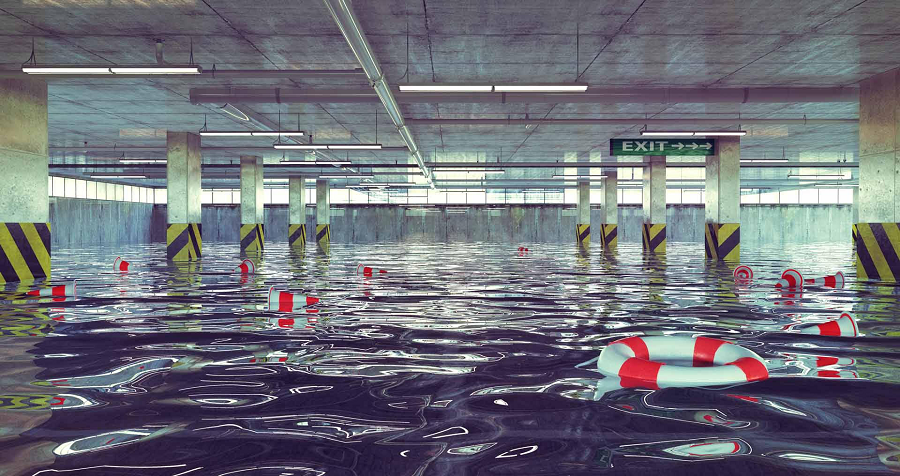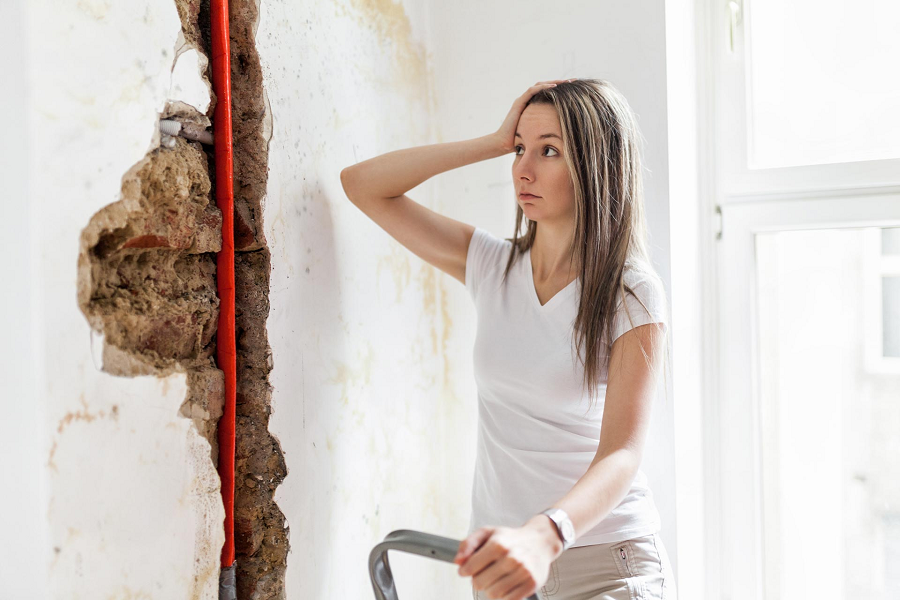
What to do if Basement Starts to Flood?
The worse nightmare of any homeowner is to come home and find their basement filled with water. Nonetheless, floods happen on a daily basis across the entire globe. On top of everything, the Canadian climate doesn’t help us at all. In fact, it makes things way worse.
Frequent rain and snow can damage your home’s structure as time passes by, especially if you aren’t properly protected. To reduce flooding chances to a minimum, take a look at some effective methods like basement waterproofing and backyard drainage.
In the meantime, here are the steps you should take if your basement starts to flood:
1. Protect Yourself
The first and most important thing you should do is to protect yourself. Going into a flooded basement with no boots and turned on electricity is the worst thing a homeowner could do. To make sure you don’t lose your life while trying to save your basement, try to do these things:
- Shut off electricity and gas (especially if the water level has reached any electrical appliances)
- Wait for the storm to pass before you start saving the day
- Wear rubber boots, gloves, and even protective masks
- If you have to pass through the flooded area to reach the electrical service panel, DON’T DO IT! Call an electrician instead.
2. Find the Source
If power and gas have been turned off and you can safely step inside the basement, immediately start looking for the source. Floods can occur because of several reasons, including sump pump failure, a burst pipe, walls cracks and cracks in the flooring. If you already know which areas are vulnerable, the job is much easier.
After you detect the source, try to think of ways to stop water from coming in. Think of placing towels in cracks and cleaning up any debris in the sump pump. You can’t do much with a broken pipe, except waiting for the storm to pass and asking for professional help.

3. Save What’s Left
Before you start pumping out the water, try to save as much of your belongings as you can. People often tend to forget this part and regret it later on. Think of your documents, passports, family photo albums, wooden furniture and so on. If you want to save electronics, be careful how you deal with them. Don’t touch them unless the electricity is shut down.
4. Dry it Out
Floods end quickly, but they surely leave a lot of damage behind. After the rain stops, start thinking of ways to dry out your basement. The faster you remove water, the fewer chances for mold growth in the future.
DIY drying isn’t that effective as a professional. Calling a plumber is highly recommended after or during the flood. Additionally, you still have to fix the initial problem and that is very hard without the hand of a professional.
You also need to reduce moisture and humidity after the flooded passes. Make sure to have access to dehumidifiers and to ventilate your basement at least a week. To prevent mold growth, mix warm water with bleach and clean the walls and floors.

